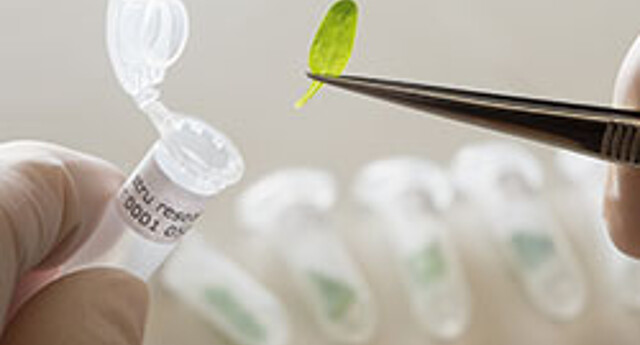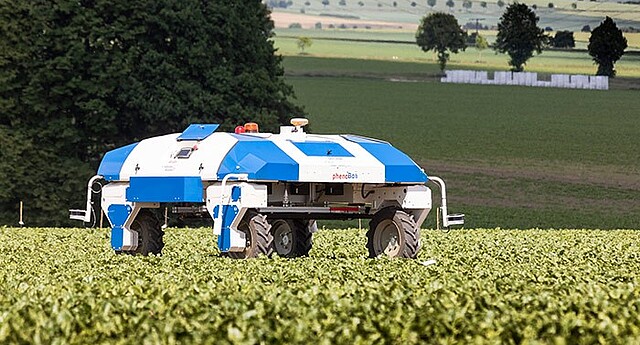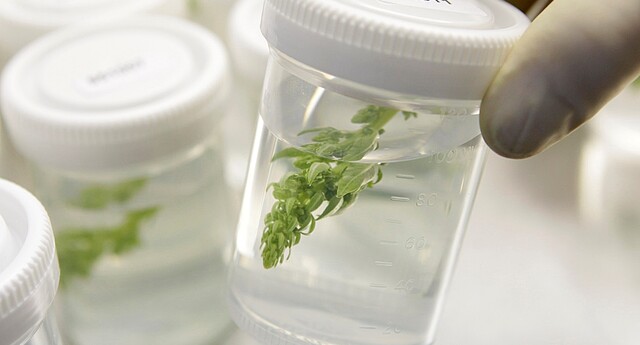Among the economically most important pests of sugar beet is the beet cyst nematode Heterodera schachtii. The harmful effect of nematodes is based on nutrient competition and disturbances in the root system of the sugar beet plants, resulting in severe growth depression and yield reduction of up to 60%.
A promising milestone has been recently achieved thanks to the fruitful scientific cooperation between CeBiTec (Center for Biotechnology, University of Bielefeld) and Strube, an international plant breeding company.
Four sugar beet genes could be identified that are more active in nematode tolerant lines than in susceptible lines.
Moreover, high quality genome sequence information for a tolerant Strube breeding line was generated and made available for the entire breeding and scientific community.
Our remarkable finding provides the basis for specifically targeting the newly discovered genes in breeding programs to develop nematode tolerant varieties for the market.
Strube and CeBiTec have published their research in the renowned international journal BMC Genomics.
The work was funded by the German Ministry of Education and Research (BMBF) and will be presented at the premier plant and animal genome conference (PAG) in 2024 in San Diego, California.
Why to breed for Nematode tolerance instead of nematode resistance?
Resistant sugar beet varieties that do not allow nematodes to reproduce during the cultivation phase are available on the market, but nematode resistance in these varieties is associated with a severe yield penalty. In addition, this type of resistance can be broken relatively quickly by the nematodes.
Breeding for tolerance allows a minimal reproduction of nematodes that is not associated to yield loss and guarantee therefore a more promising and durable breeding strategy.
Click here to read the scientific paper.






